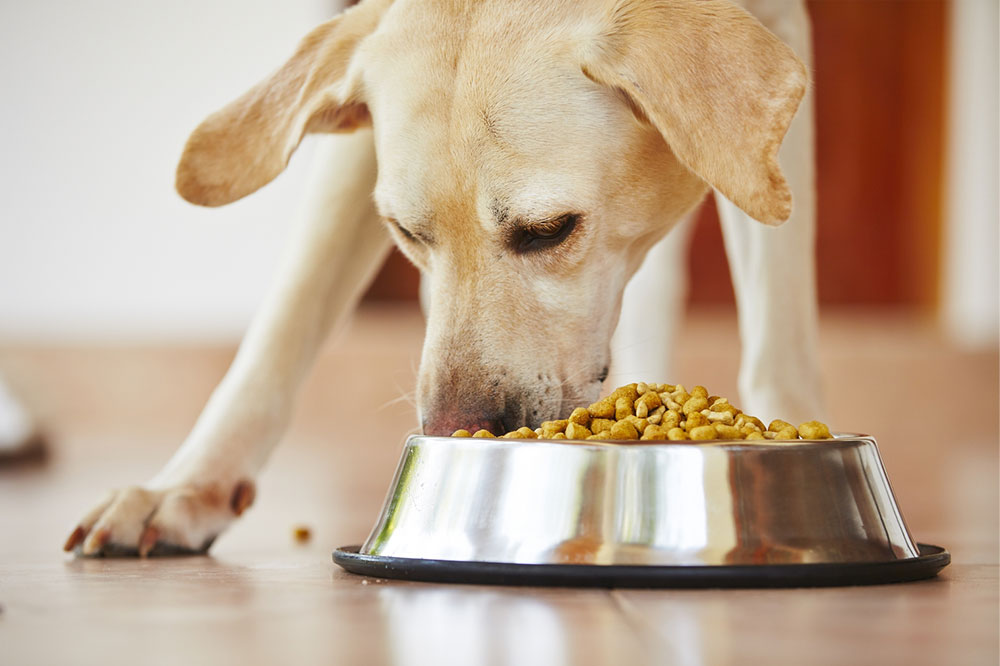
5 Ingredients to Avoid in Pet Foods
We love our pets and want to give them the best. This includes the best brands of pet food, too. However, there are a few harmful ingredients that you should be aware of in foods for dogs and cats. Sometimes, these are added to make the food more visually appealing or to enhance flavor. They end up harming your pet and have little to no nutritional value. Some of these ingredients are:
1. Chemicals and preservatives
Foods for dogs and cats should not have chemical preservatives such as Butylated Hydroxyanisole (BHA), Butylated Hydroxytoluene (BHT), and Ethoxyquin. BHA and BHT are carcinogens that can cause kidney and liver damage. Instead, choose foods that have little or no preservatives or natural ones, such as vitamins C and E. Ethoxyquin can result in kidney and liver damage, blindness, and cancers of the liver, spleen, stomach, or skin. Another harmful ingredient to look out for in dog foods and treats is propylene glycol. This is a moistening agent or humectant that is derived from antifreeze, which is toxic.
2. Food dyes
Dyes and colors are added to pet foods to make them more appealing. Dyes like Blue 2, Red 40, and Yellow 5 and 6 should not be present in foods for dogs and cats, as they can cause hypersensitivity or allergic reactions and even behavioral issues. Caramel color dye also contains a carcinogen known as 4-methylimidazole (4-MIE). Moreover, food dyes can also cause allergic reactions, organ damage, hyperactivity, and cancer. It should also be noted that these dyes do not have much of a visual appeal for animals.
3. Rendered fat
Although rendered animal fat adds flavor to foods for dogs and cats, it can be a source for salmonella to thrive. It might also contain toxins. Bacteria and mold can also grow if moisture enters the bag.
4. Carrageenan
When shopping for canned foods for dogs and cats, check the label for this ingredient as it can cause intestinal inflammation even in a small dose. In some cases, it can also lead to cancer.
5. Corn syrup
This is often added to dog food to make it sweet; however, it can cause weight gain, diabetes, and hyperactivity. If your dog or pet does have diabetes, this is an ingredient to watch out for. Other artificial sweeteners to avoid are xylitol and sorbitol, as they can lead to vomiting, loss of coordination, and lethargy. Avoid feeding your pet, especially dogs, sweet foods as it can cause hyperactivity.
So the next time you’re out food shopping for your pets, check the labels to ensure that they do not have any of the above-mentioned ingredients. Moreover, make sure that the food you purchase caters to any kind of allergies your furry buddies may have.



